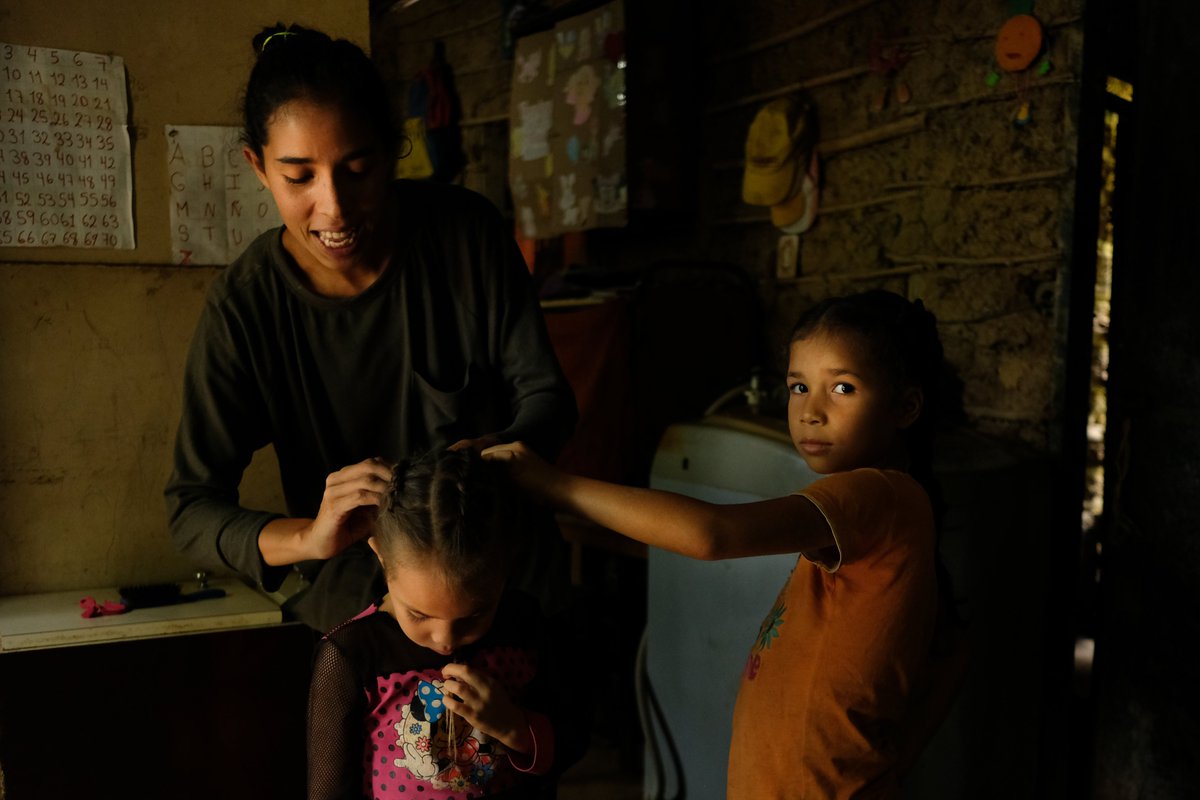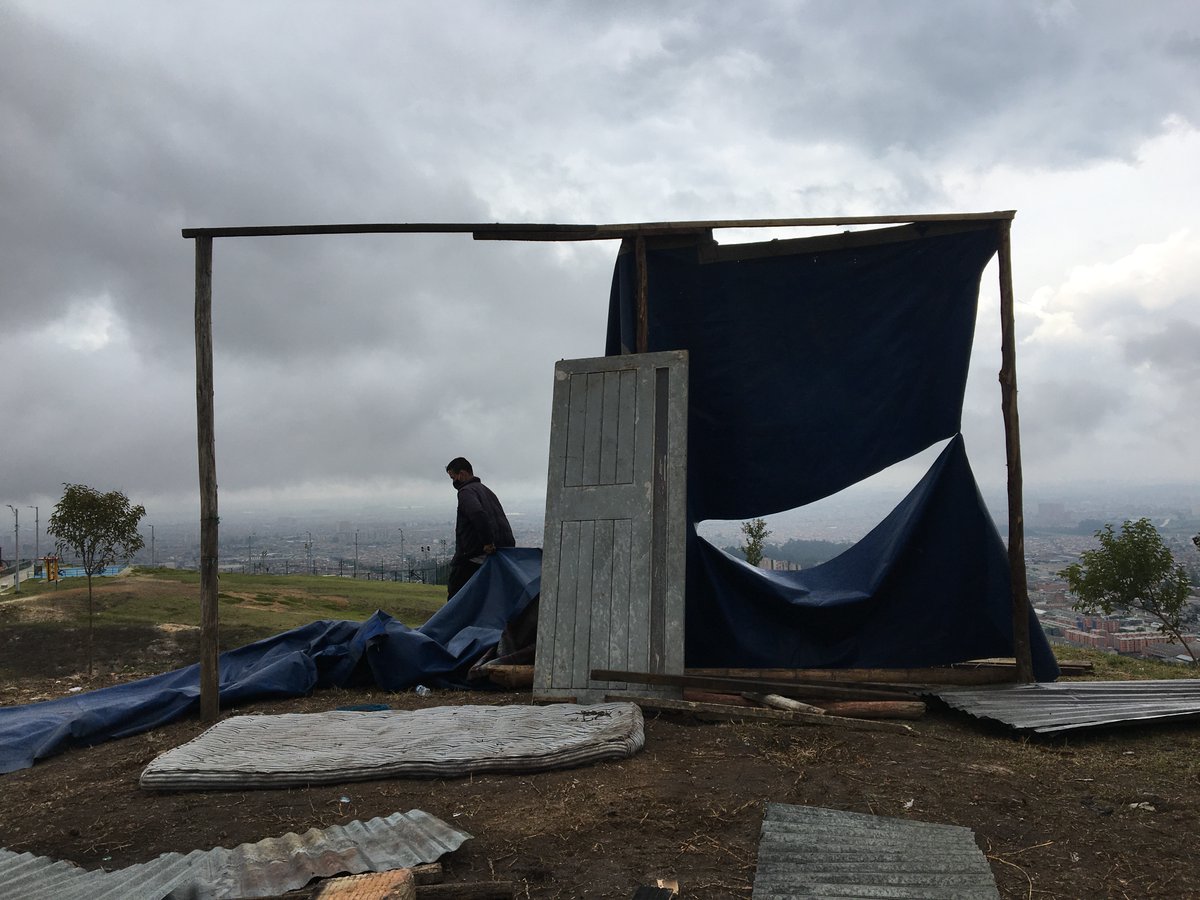
Andes Bureau Chief. The New York Times. Send tips my way. julie@nytimes.com.
How to get URL link on X (Twitter) App





 Rather than fade, protests in rural Peru that began more than a month ago over the ouster of the former president have only grown in size and in the scope of demonstrators’ demands. This is from a roadblock we passed last week outside of Juliaca, in southern Peru.
Rather than fade, protests in rural Peru that began more than a month ago over the ouster of the former president have only grown in size and in the scope of demonstrators’ demands. This is from a roadblock we passed last week outside of Juliaca, in southern Peru. 


 First, here is our story on the Chevron deal and related talks between the Venezuelan government and Venezuelan opposition. nytimes.com/2022/11/25/wor…
First, here is our story on the Chevron deal and related talks between the Venezuelan government and Venezuelan opposition. nytimes.com/2022/11/25/wor…




